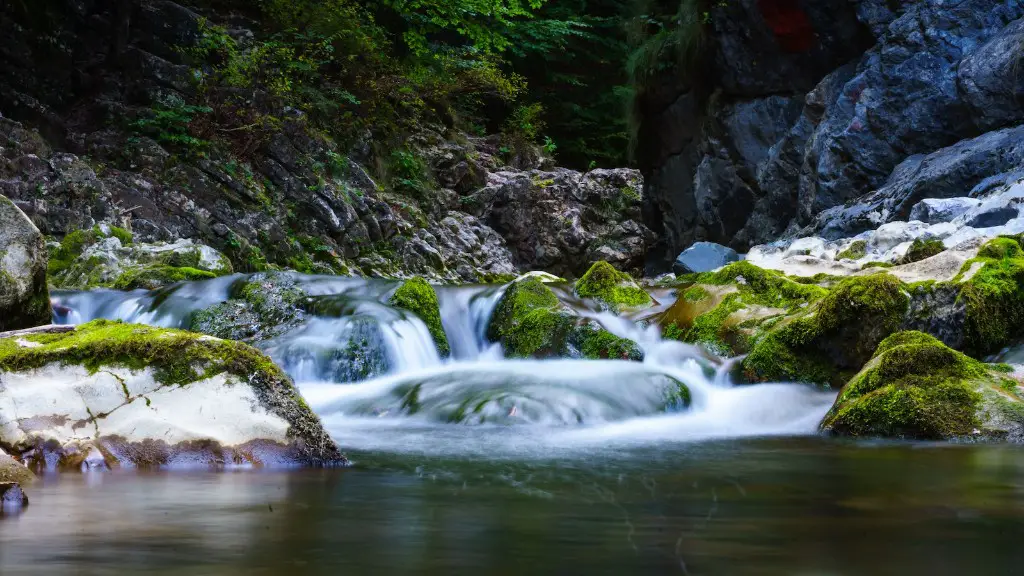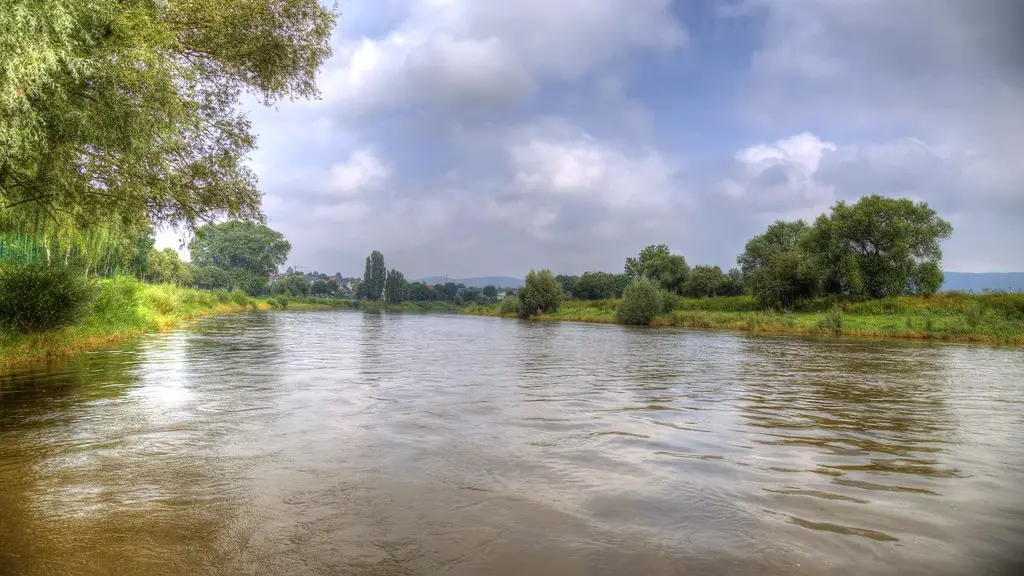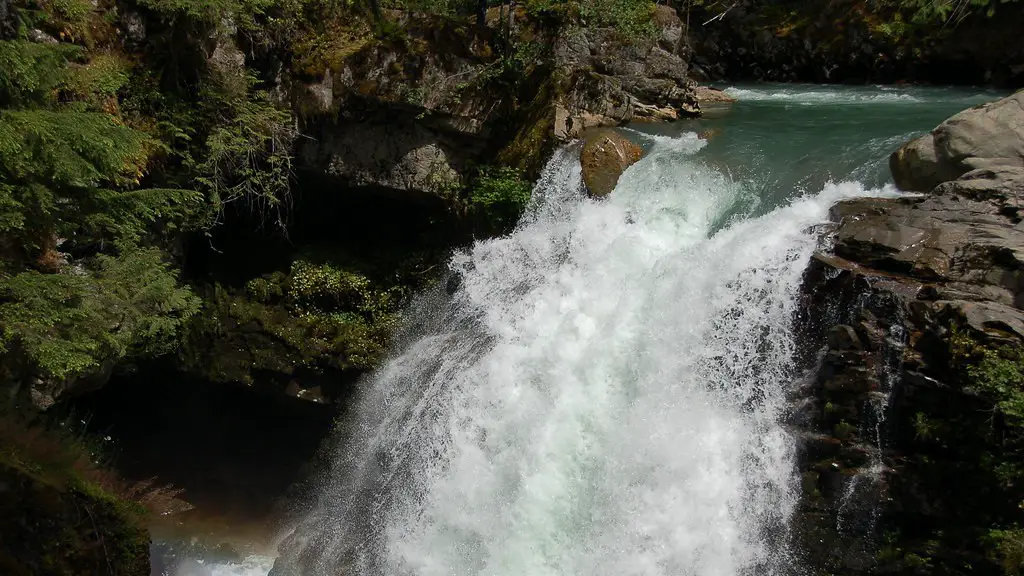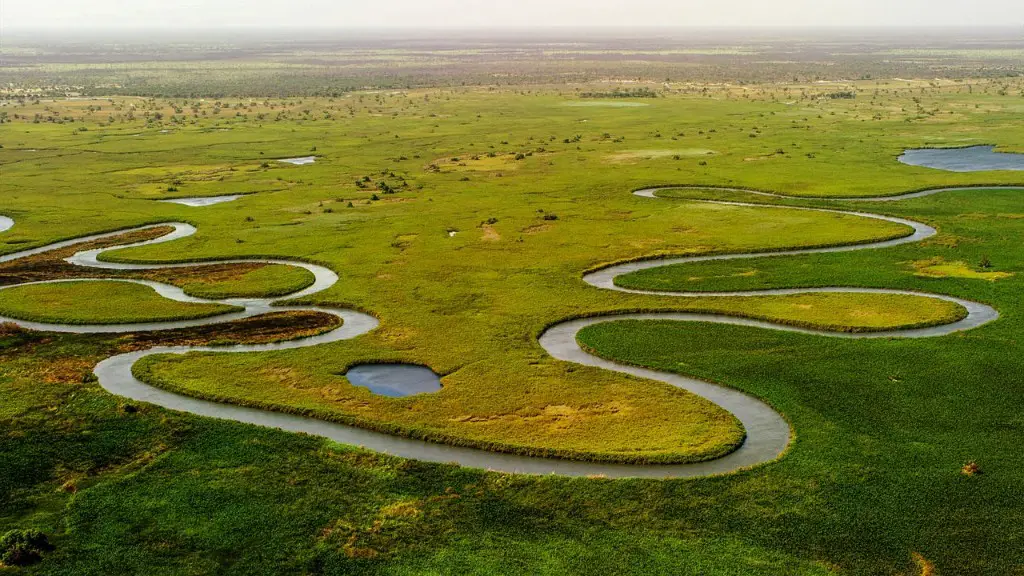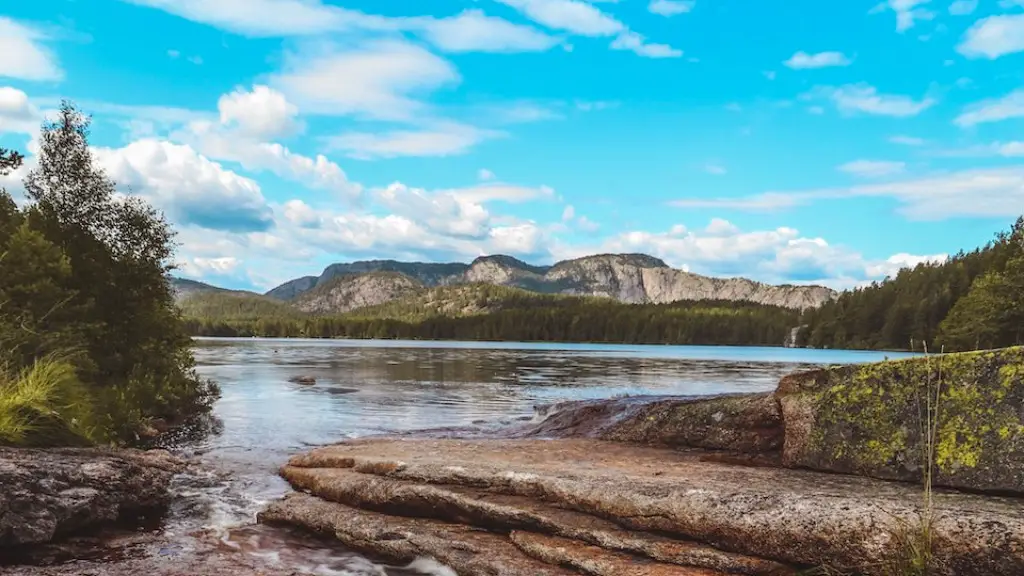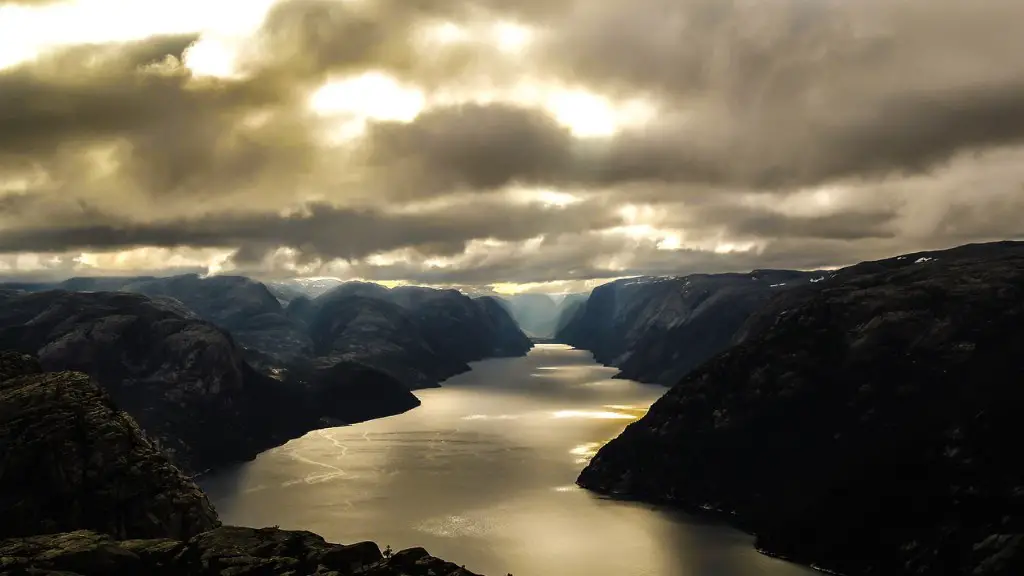Historical Significance
The Mississippi River is one of the most iconic rivers of the world and it has played an important role in the history and development of the United States. From its origin in the northeast to its delta in the southern part of the country, the Mississippi has served as a major transportation route, connecting numerous river towns and cities along its course, and facilitating the expansion of the nation towards the western states.
The Mississippi River has also played an important role in the past several centuries of American history, from being a site of battles during the Civil War and World War II, to serving as a corridor for civil rights activists during the civil rights movement. The river also serves as a reminder of the social and economic injustices of the past, and today it is a symbol of resilience and perseverance for many in the United States, and for many people around the world.
The Mississippi River is also an important source of drinking water for the citizens of states that the river runs through, providing them with clean and relatively safe water for drinking and other uses. Moreover, the river supports a diverse ecosystem of aquatic plants and animals, providing a vital habitat for many creatures, some of which are endangered. The river is also an important recreation spot, offering canoeing, fishing and other outdoor activities.
Environmental Impact
The Mississippi River has been the subject of much debate and scrutiny in recent years due to its environmental impact. One of the greatest concerns is the increasing contamination of the river due to inefficiencies in wastewater treatment plants and agricultural runoff. This pollution has caused the river to become filled with toxic chemicals, which can be detrimental to the fish, plants and other creatures living in the water.
The presence of invasive species in the river has also caused significant disruption to the ecosystems of the river itself, as well as to many of the lakes, wetlands and other bodies of water that are connected to the Mississippi. These invasive species can displace native species of fish, plant life and other river inhabitants, leading to the loss of biodiversity in the river and its connected lakes and wetlands.
In addition, the presence of dams and other human-built structures throughout the river has had a significant impact on the surrounding environment, blocking the natural flow of the river and hampering the reproduction of many species of fish and other aquatic life. In many cases, these dams have also blocked access to areas that were historically important to wildlife nesting and breeding.
Lastly, climate change has also had a major effect on the river, as its waters have become warmer, reducing the amount of oxygen in the water and threatening the health of organisms living in the river. Changes in water levels and those in precipitation patterns have also had negative effects on the river’s flow, threatening to cause severe flooding in certain parts of the country.
Economic Benefits
The Mississippi River is also an economically important waterway for the United States, as it supports a large number of businesses and industries along its course, including chemical and energy production, transportation and logistics, fishing, tourism and many other activities.
The Mississippi River is also an important resource for farmers in areas near the river, providing clean, irrigation water for the growth of their crops and allowing for the production of larger amounts of food for the people in these areas. In addition, the river is an important source of water for hydroelectric power plants and other forms of power generation, and thus has a major role to play in the US’s energy infrastructure.
The Mississippi River is also an important source of revenues for the country, in the form of taxes, tolls and other fees. In addition, the river supports many recreational activities, such as fishing, boating and camping, as well as other events such as jazz festivals and river cruises, providing economic opportunities for businesses and tourist destinations along the river.
Conservation Efforts
Due to the environmental and economic impacts of the Mississippi River, there have been numerous efforts to conserve the river and its related ecosystems. These efforts have included the implementation of stronger regulations and the implementation of better wastewater treatment plants. In addition, organizations like the Wildlife Conservation Society and the Mississippi River Collaborative have worked to restore wildlife habitat, reduce harmful algal blooms and make sure that the river meets its current and future needs.
The federal government has also taken steps to protect the river by creating a navigable waterway of the Mississippi River and designating the river a National Wild and Scenic River. In addition, numerous organizations and governmental agencies have formed alliances to work together for the preservation of the river and its related ecosystems.
Finally, a number of individuals and organizations have also been involved in conservation efforts, from local volunteer groups to major corporations like The Nature Conservancy. These groups have worked to raise awareness about the importance of the Mississippi River and to help educate the public about the need for its conservation and restoration.
Cultural Significance
The Mississippi River has always been an important part of the culture and identity of the United States. It has served as the inspiration for many of our nation’s most important works of literature, and its images have been used in popular culture to evoke a strong sense of nostalgia.
The Mississippi River has also been a major source of songs, stories, and legends throughout the years, and its waters have provided a sense of wonder and awe, inspiring countless works of art, music and literature.
The river is also an important cultural symbol, and it is seen as a representation of strength and independence, and of an ability to overcome even the most daunting of odds. Each year, thousands of people from all over the world visit the banks of the Mississippi River in order to appreciate its natural beauty and to gain a deeper understanding of its importance to the nation’s history and culture.
Human Impact
The Mississippi River is affected by human activities in many ways, both positive and negative. The presence of dams and other human-built infrastructure has both helped and hindered the health and flow of the river, and human activities have also created a variety of environmental problems, from pollution to the introduction of invasive species.
In addition, human activities have caused serious problems for native species of plants and animals, as the destruction of their habitats and the introduction of foreign species into their ecosystems has made it difficult for them to survive. In many cases, human activities have also damaged the river’s habitats by introducing fertilizers and other pollutants, making it impossible for native species to survive.
In order to protect the Mississippi River and its ecosystems, it is important for humans to be conscious of their potential impacts on the river and its surroundings. By reducing pollution, avoiding the use of fertilizers, and establishing protected areas around the river, humans can help protect the unique wildlife, ecosystems, and cultural significance of the river for generations to come.
Conclusion
The Mississippi River is one of the most iconic rivers of the world, and it has played an important role in the development and history of the United States. The river is an important source of drinking water for the people of states that it passes through, supports a diverse ecosystem of plants and animals, and is an important economic resource for businesses and industries along its course. Despite this, the river has also faced numerous environmental threats from pollution and invasive species, as well as the damaging effects of climate change.
In order to ensure the health and preservation of the river and its related ecosystems, it is important for humans to be aware of their potential impacts on the Mississippi River, and to take steps to reduce their negative effects. By doing so, we can ensure that the Mississippi River will remain an important part of our nation’s history, culture, and future.
